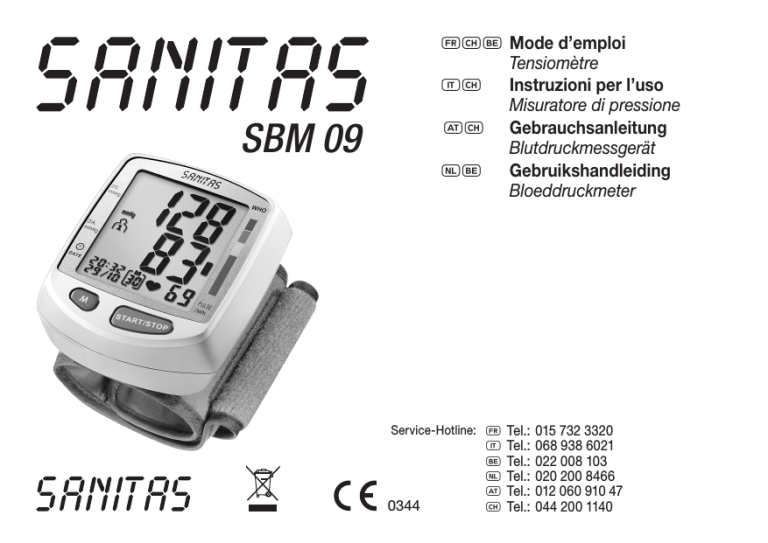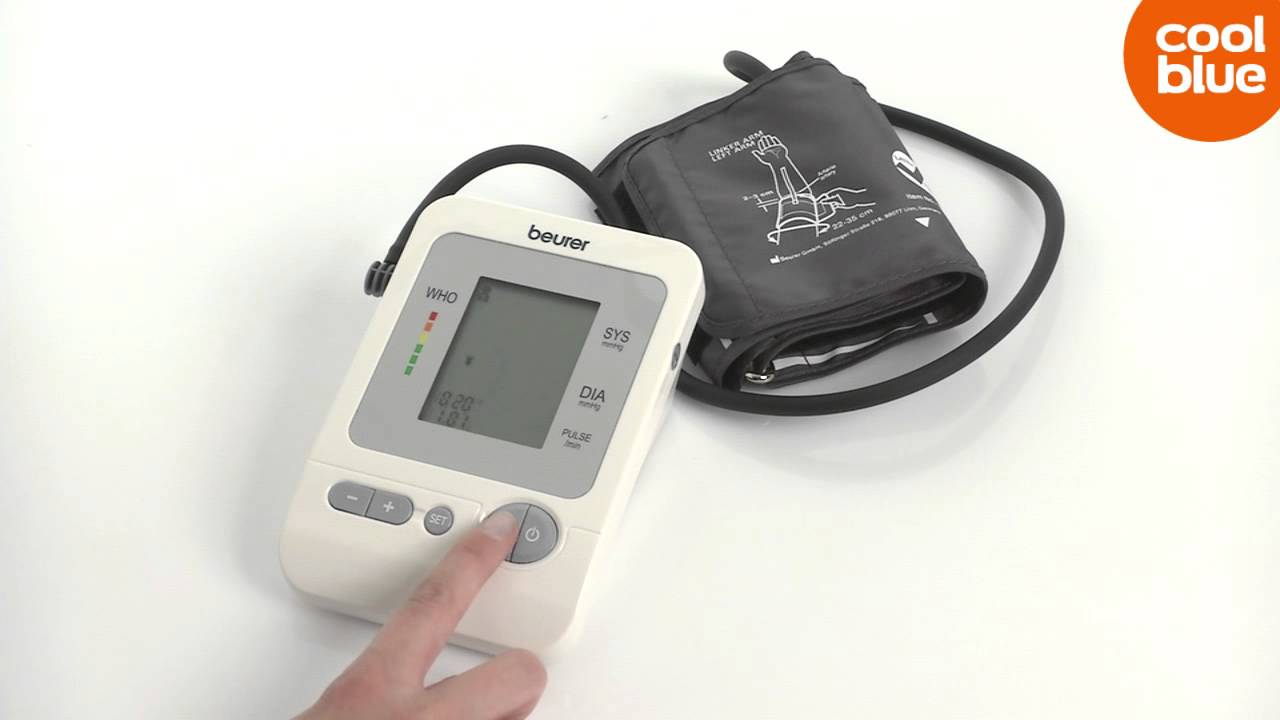

also found that anxious children displayed no more anxiety during MRI procedures than their non-anxious counterparts did. and Thomason found that children had the same emotional responses to MRI as adults, and that some children even gained more pleasure from the experience than adults did. Only three studies to date have included a direct comparison of the anxiety experienced by children and adolescents undergoing MRI with that of adults.

At that time, MRI scanners made more noise during scans, gantries were narrower, and scans took considerably longer, thus potentially inducing more anxiety. However, the significant anxiety rates in both studies might also be explained by these studies having been conducted more than 20 years ago.

study, the greatest anxiety was not produced by the MRI scan per se, but rather by the associated insertion of an intravenous catheter. yielded different findings: In their studies, about 30% of children and adolescents undergoing MRI reported anxiety. , in their respective studies, concluded that MRI caused a negligible amount of stress, if any, in the vast majority of the children and adolescents who underwent it only a few of their subjects perceived the procedure as more unpleasant than blood drawing. To date, the research literature regarding anxiety in children and adolescents undergoing MRI scans is scarce. through scan-associated fears) to more than the legally permissible “minimal burden”. fMRI paradigms in studies exploring the neural basis of ADHD), as MRI scans might expose minors (e.g. In some places, this has led to controversies whether children and adolescents are allowed to participate in MRI scans that are performed solely for research purposes (e.g.

Some authors have expressed the view that anxiety during MRI procedures may be even more pronounced among children and adolescents than among adults, because adults have more experience with medical procedures and their cognitive compensatory strategies are more fully developed. However, 10% to 37% of persons undergoing MRI, reportedly suffer from unpleasant effects of the procedure, particularly anxiety of various kinds, including claustrophobia. The last three decades have seen a steady rise in the importance of magnetic resonance imaging (MRI) and in the number of MRI studies performed both for clinical purposes and for medical research.


 0 kommentar(er)
0 kommentar(er)
